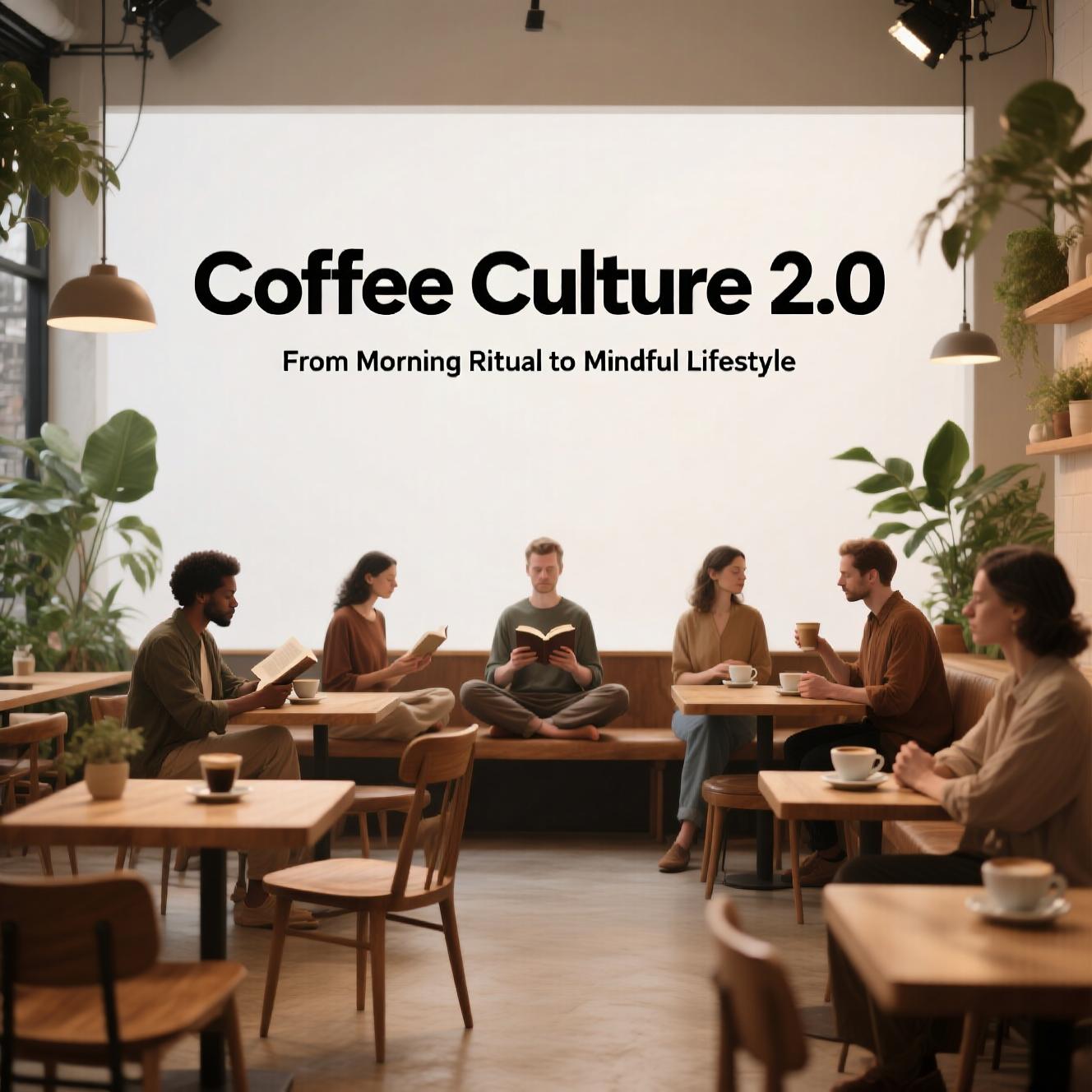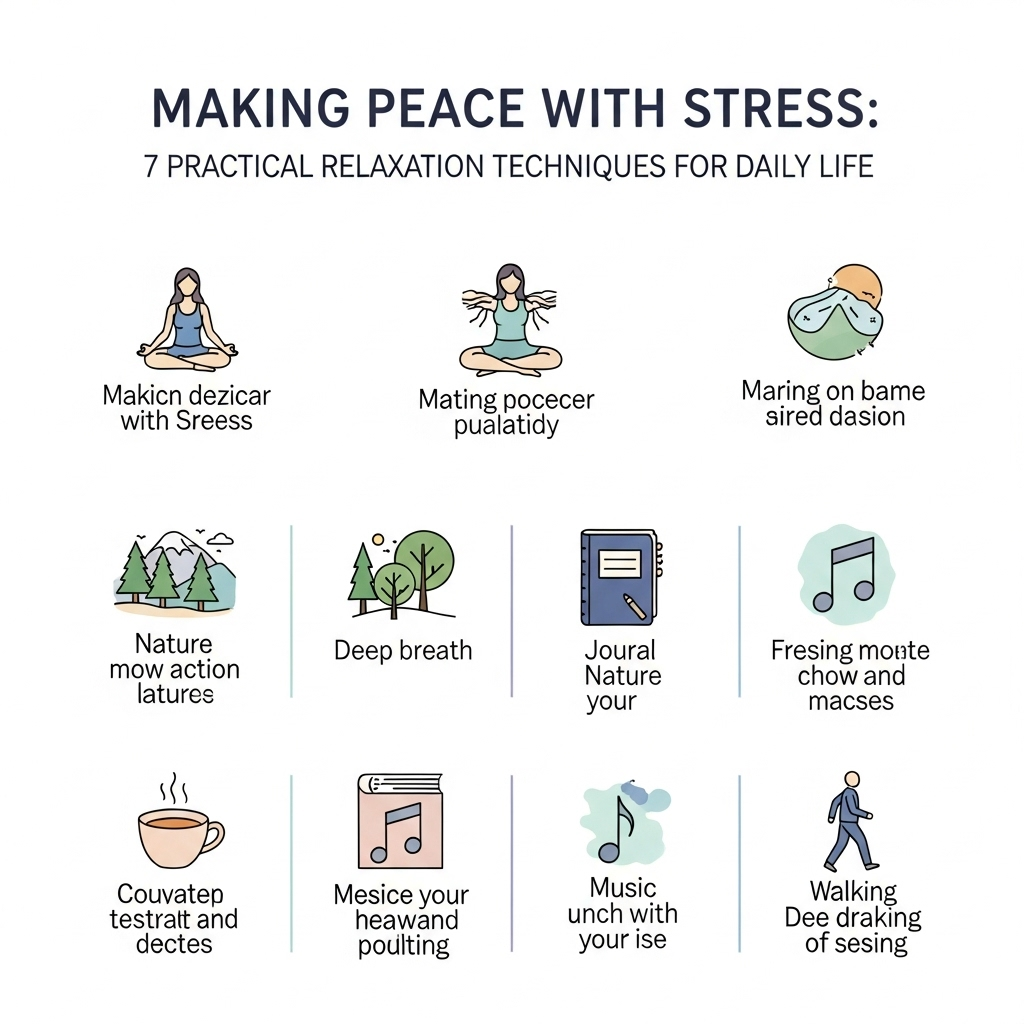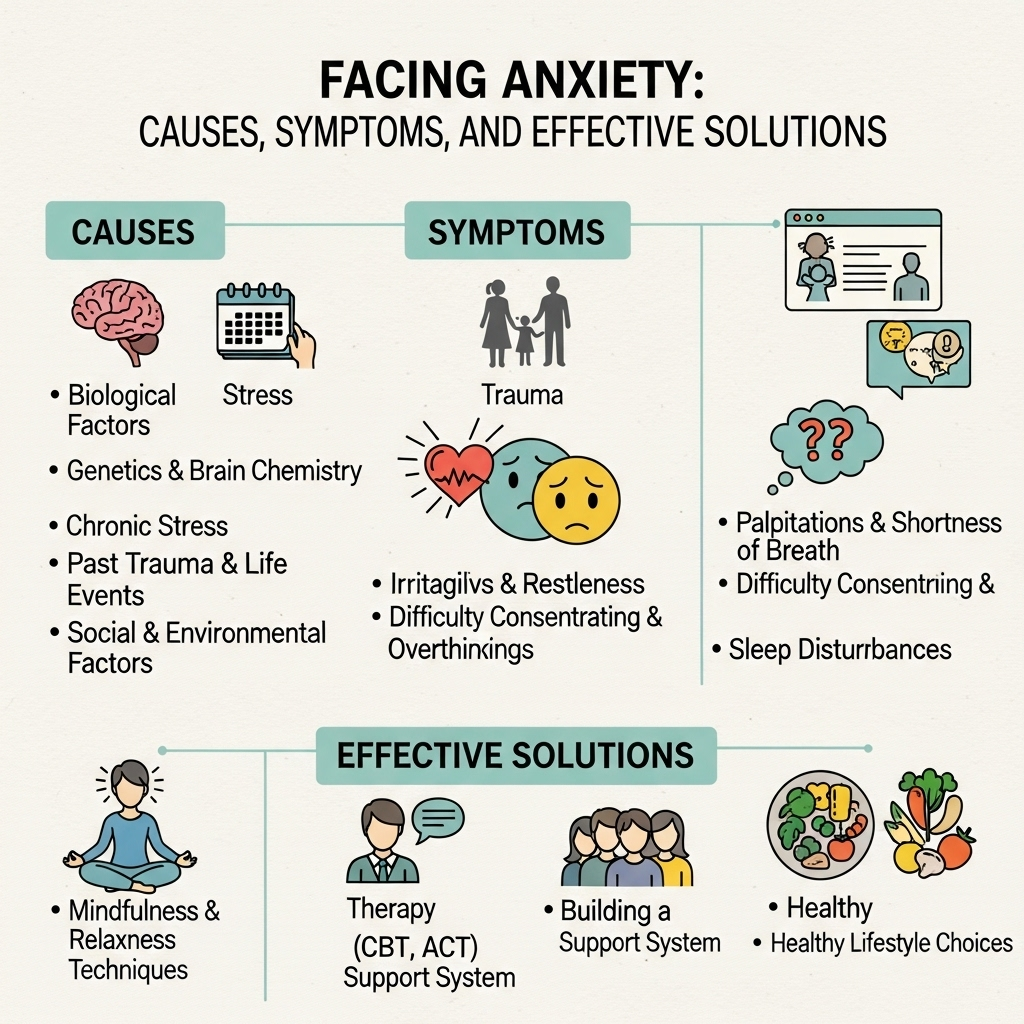Coffee Culture 2.0: From Morning Ritual to Mindful Lifestyle

Coffee has long been more than a beverage. It is a ritual, a social connector, a source of creativity, and for many, a daily lifeline. Yet in recent years, coffee culture has undergone a transformation. What was once simply about fueling the body with caffeine has evolved into an intentional lifestyle. Coffee has shifted from being just a morning necessity into a mindful practice that shapes identity, community, and even sustainability.
This is Coffee Culture 2.0—a movement that blends tradition with innovation, ritual with mindfulness, and taste with meaning.
1. The Roots of Coffee Rituals
Before diving into how coffee culture has evolved, it’s important to understand its roots.
Coffee traces its origins back to Ethiopia in the 9th century, where legend says a goat herder named Kaldi discovered its energizing effects. By the 15th century, coffeehouses, known as qahveh khaneh, spread throughout the Middle East as spaces of intellectual exchange. They weren’t just places to drink coffee; they were hubs for poetry, music, debate, and storytelling.
When coffee entered Europe in the 17th century, it quickly became a drink of philosophers, artists, and revolutionaries. Voltaire, for instance, was rumored to consume dozens of cups a day while writing. In the Americas, coffee gained cultural weight during the 18th century, becoming tied to productivity, progress, and eventually, the modern workday.
For centuries, the essence of coffee has been connection—to others, to ideas, and to oneself. That legacy underpins the coffee culture of today.
2. Coffee as a Morning Ritual
For many, coffee begins as a daily ritual: the smell of freshly ground beans, the sound of the kettle, the warmth of the mug between your hands.
The ritual isn’t just about caffeine—it’s about transitioning. Coffee marks the shift from sleep to wakefulness, from private time to the demands of the world. Psychologists argue that rituals like these create grounding, reduce stress, and help form a sense of identity.
The morning coffee ritual also carries symbolic weight. It is a personal pause before the busyness of the day. Even if it lasts only ten minutes, those minutes create intention. In Coffee Culture 2.0, this ritual is no longer taken for granted—it is celebrated and refined.
3. From Habit to Mindfulness
What sets Coffee Culture 2.0 apart is mindfulness.
Instead of chugging down a paper cup on the commute, many people now want to experience coffee fully—its aroma, flavors, textures, and origins. This mindfulness mirrors broader lifestyle trends: meditation, slow living, and wellness practices.
Key aspects of this shift include:
- Savoring the Process: Brewing methods like pour-over, AeroPress, or siphon encourage patience and presence. Making coffee becomes as meaningful as drinking it.
- Single-Origin Appreciation: Consumers are learning to identify the unique notes of beans from Ethiopia, Colombia, or Sumatra, similar to wine tasting.
- Mindful Consumption: Reducing the number of cups per day, but investing in higher quality, ethically sourced coffee.
Coffee is no longer just a means to stay awake—it’s a practice of being awake.
4. Specialty Coffee and Third-Wave Movements
The rise of specialty coffee shops and the “third wave” movement has been central to Coffee Culture 2.0.
- First Wave: Coffee as a commodity—mass production, instant coffee, convenience.
- Second Wave: The Starbucks era—espresso-based drinks, flavored lattes, café lifestyle.
- Third Wave: Artisanal coffee—focus on craft, origin, sustainability, and education.
Third-wave cafés redefined the coffee shop as a cultural hub. Baristas are no longer just workers—they are educators, storytellers, and artists. Customers are invited to learn about brewing, roasting, and the farmers who cultivate the beans.
This shift parallels the “farm-to-table” movement in food. Just as people want to know where their meals come from, they also want to know the story behind their coffee.
5. Coffee as Identity and Lifestyle
For many, coffee is not just a drink but an extension of identity.
- Minimalists celebrate the simplicity of black coffee.
- Adventurers explore experimental brews like nitro cold brew or mushroom coffee.
- Eco-conscious consumers choose zero-waste brewing methods and reusable cups.
- Creatives use cafés as second studios, finding inspiration in the hum of espresso machines.
Social media has amplified this identity. A beautifully poured latte or curated coffee corner at home is now a form of self-expression. The phrase “but first, coffee” captures not just a need but a lifestyle statement.
Coffee has become a cultural shorthand for values like productivity, mindfulness, and community.
6. The Rise of the Home Barista
During the COVID-19 pandemic, home coffee culture exploded. With cafés closed, millions invested in grinders, espresso machines, and pour-over kits. Online tutorials, virtual cuppings, and coffee subscription boxes flourished.
Being a “home barista” became both a hobby and a form of self-care. People learned to appreciate the craft behind their daily cup, from grind size to water temperature.
This trend has not faded. Instead, it continues to grow as people embrace the satisfaction of creating café-quality experiences at home. Coffee corners have become a design trend in homes, reflecting both taste and mindfulness.
7. Coffee and Community
Despite the rise of home brewing, cafés remain vital. They serve as third spaces—neither home nor work, but community hubs.
Coffee shops are where friendships spark, startups launch, and artists share ideas. Many cafés now host book clubs, poetry nights, or co-working sessions.
Digital communities also thrive. Coffee enthusiasts gather in online forums, Instagram groups, and TikTok trends to share brewing tips, latte art, and ethical sourcing discussions. Coffee has become a bridge across cultures and continents.
8. Sustainability and Ethics in Coffee Culture 2.0
Mindful coffee culture is also deeply concerned with sustainability.
The coffee industry faces challenges: climate change, deforestation, and unfair labor practices. Coffee Culture 2.0 acknowledges these realities and seeks solutions:
- Direct Trade: Building transparent relationships between roasters and farmers.
- Eco-Friendly Packaging: Compostable bags, reusable cups, and plastic-free pods.
- Carbon-Neutral Cafés: Shops powered by renewable energy.
- Supporting Farmers: Paying fair prices, investing in communities, and promoting biodiversity.
For many consumers, choosing coffee is a moral decision. Drinking mindfully means supporting practices that honor people and the planet.
9. Innovation in Coffee
Coffee Culture 2.0 is not just about tradition—it embraces innovation.
- Alternative Brews: Cold brew, nitro, cascara (coffee cherry tea).
- Functional Coffee: Blended with adaptogens, collagen, or CBD for added wellness.
- Tech-Driven Brewing: Smart coffee machines controlled via apps.
- Coffee Cocktails: Creative blends of coffee with spirits, expanding its role beyond mornings.
Innovation keeps coffee culture dynamic, appealing to both purists and experimenters.
10. Coffee and Well-Being
A major element of Coffee Culture 2.0 is how it intersects with health and wellness.
Moderate coffee consumption has been linked to benefits such as improved focus, metabolism support, and reduced risk of certain diseases. But beyond physical health, coffee supports mental well-being:
- A mindful pause in a hectic day.
- A ritual of self-care that brings joy.
- A social connector that combats loneliness.
Even decaf and herbal alternatives are part of this culture, showing that it’s not just about caffeine but about the holistic experience.
11. The Future of Coffee Culture
As coffee continues to evolve, a few trends are shaping its future:
- Personalization: Customizable coffee experiences, from AI-driven brewing machines to DNA-based taste recommendations.
- Global Fusion: Blending coffee traditions from Vietnam, Turkey, Italy, and beyond into new hybrids.
- Sustainable Tech: Lab-grown coffee and carbon-negative roasting.
- Wellness Integration: More blends with nootropics and plant-based ingredients.
Ultimately, the future of coffee is about balance: honoring tradition while embracing progress, fueling productivity while promoting mindfulness.
Conclusion: Coffee as a Mindful Lifestyle
Coffee Culture 2.0 represents a profound shift. Coffee is no longer just a pick-me-up; it is a mindful practice, a cultural identity, and a movement toward more sustainable living.
From the morning ritual to community cafés, from mindful brewing to ethical sourcing, coffee embodies how everyday habits can transform into intentional lifestyles.
In many ways, coffee mirrors life itself: complex, layered, sometimes bitter, sometimes sweet—but always worth savoring.
So the next time you sip your morning cup, remember: you’re not just drinking coffee. You’re participating in a global culture that blends history, mindfulness, and innovation. You are living Coffee Culture 2.0.




